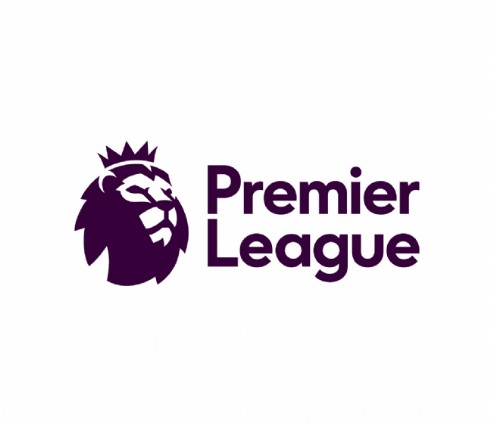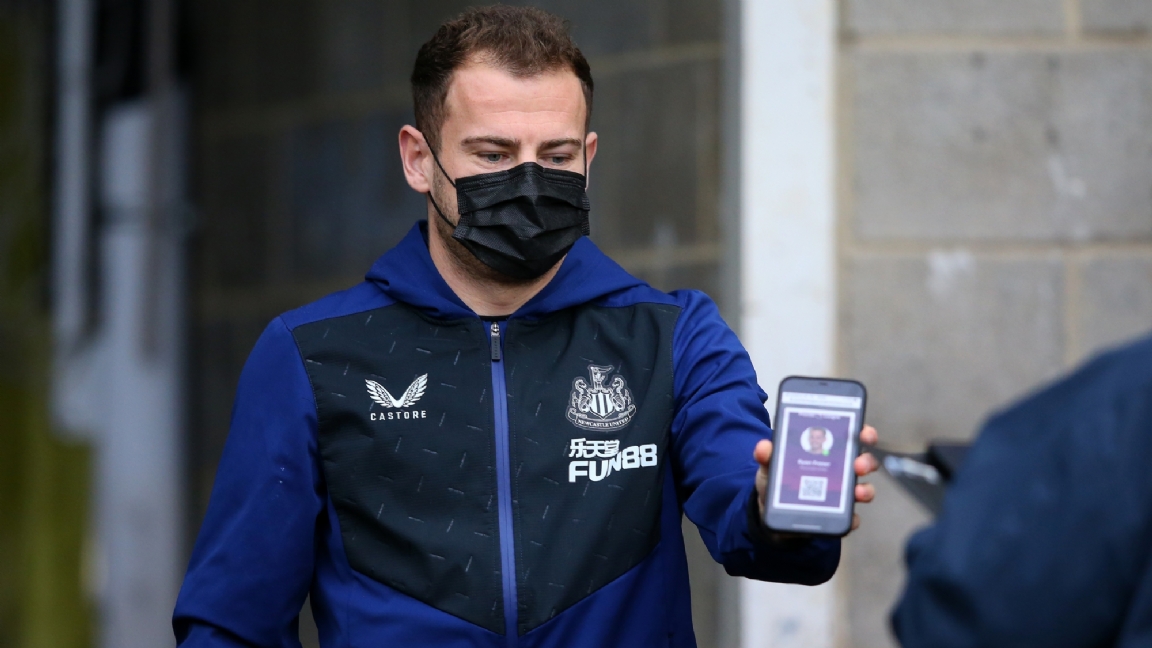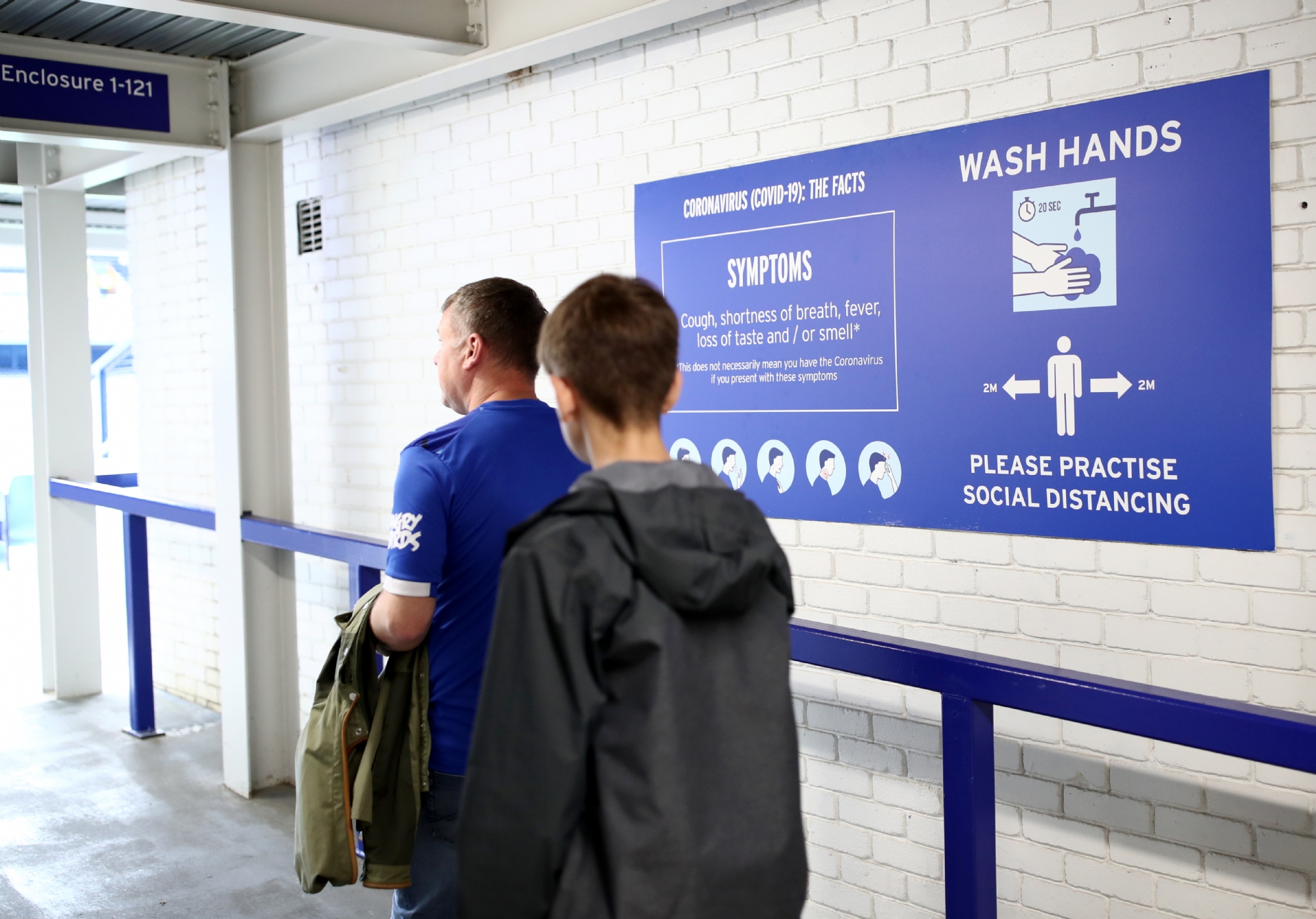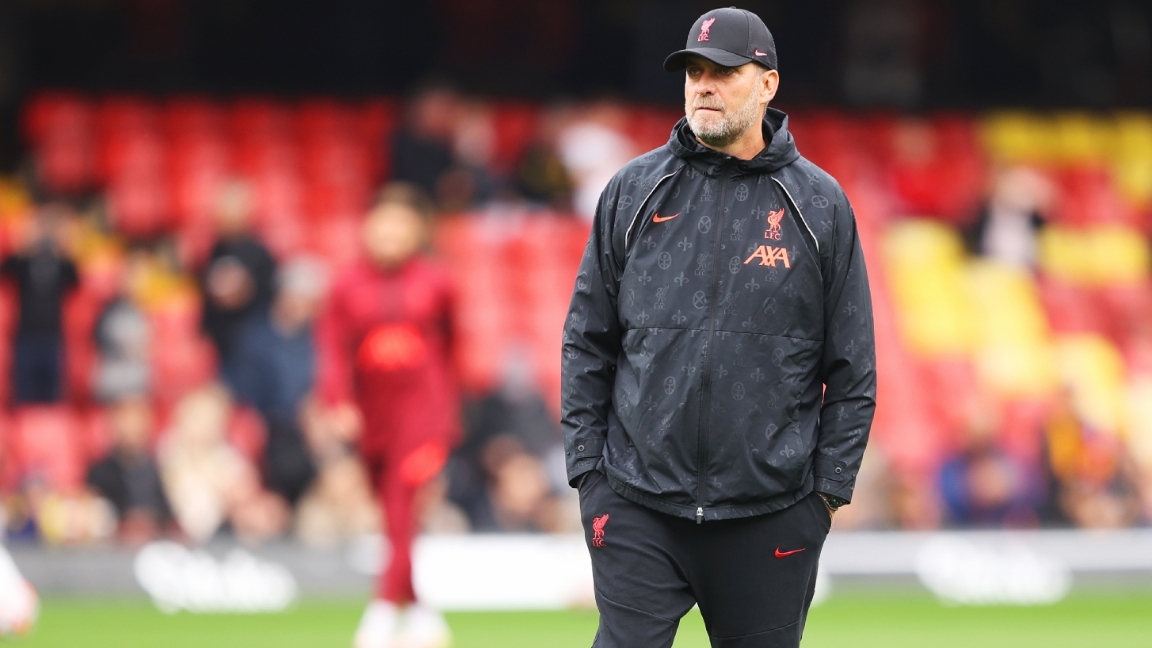

The Premier League is grappling with the question of how to increase vaccination rates among players. This week, the league released new figures: 84 percent of players have had at least one shot and 77 percent have been double vaccinated. Currently, sixteen percent of players are unvaccinated. By October 15, 81 percent of players had had one shot, so there’s only been a 3 percent increase since then. What are the reasons for the low vaccination coverage?
The figures in England contrast sharply with vaccination rates in Serie A (98 percent), Ligue 1 (95 percent) and the Bundesliga (94 percent). In Spain, 97 are protected by vaccination or have built up immunity from a previous infection, LaLiga communicated. The difference is not easy to explain. The New York Times spoke to football players, advisers, directors and members of the medical staff, who mostly shared their stories anonymously. The talks presented a complex, imperfect picture of vaccine hesitancy in the world’s richest football league.
The main conclusion is that there is not one specific explanation. The motives are diverse. Earlier this year, Premier League players circulated a document created by a website that claims to track how many “young athletes had serious medical problems in 2021 after one or more corona vaccinations”. The report named nineteen “athletes,” most from the United States, who are believed to have experienced heart attacks after being vaccinated. Some players took the report to their clubs’ medical staff and asked for advice.

Doctors who examined the report immediately had the necessary comments. That is what Hank Aaron was called in the document: the former basketball player died in January 2021, seventeen days after a vaccination shot. However, he was 86 years old and his death had nothing to do with the vaccine, according to coroners. Other, younger individuals on the list had underlying health conditions. Thirteen of the nineteen ‘athletes’ were no longer active in the sport. Relatives of several people on the list pointed to other causes for the medical problems or deaths. For example, former hockey player Jimmy Hayes, who struggled with a drug addiction, died of an overdose. Incidentally, in sixteen of the nineteen cases, no proof was even provided that the person in question had been vaccinated at all.
Still, the document spread ‘like wildfire’ among players in the Premier League. Doubts increased due to Christian Eriksen’s cardiac arrest at the European Championship, although the attacking midfielder was not vaccinated at the time, according to a statement from the club doctor of Internazionale. Sergio Aguero’s heart problems, who had to end his career, have raised doubts among some players. Club doctors from the Premier League expressed direction The New York Times also their concerns about statements by former players such as Matthew Le Tissier and Trevor Sinclair, who spoke about heart problems in football players and drew a link with the vaccine, without directly claiming that there was a connection.

However, there are more reasons why around 100 players in England’s top league are not taking the vaccine. “Several players have expressed concerns that the vaccine could decrease their sperm count, and some doctors have indicated that they have been asked questions about reduced masculinity, especially after Nicki Minaj tweeted that a family friend had ‘swollen testicles’ from the vaccine.” There is no substantiation for these claims. PFA director Maheta Molango also mentions religious reasons players may have for not being vaccinated.
The PFA and the Premier League invited government adviser Jonathan Van-Tam, often present alongside Prime Minister Boris Johnson at press conferences about corona, for a conversation with the twenty Premier League captains. In the conversation, he was asked whether the vaccine contains alcohol, a concern of Islamic players. He indicated that the Pfizer-BioNTech vaccine does not contain alcohol, but that other vaccines may contain minute traces of alcohol. “But there was probably more alcohol in the bread you ate this morning,” Van-Tam added. Furthermore, ‘the reliability’ of persons advocating the vaccine has been questioned by some players.

While clubs such as Liverpool and Leeds United have fully supported the vaccine, other clubs are taking a more cautious approach. They didn’t provide players with guidance and advice from the start, which made it easier for disinformation to gain a foothold. “Some players also commented that they were allowed to go back to work last year, when a vaccine had not yet been developed, and that they don’t appreciate having to get vaccinated now in order to continue playing.” Some players actually refuse the vaccine on ideological grounds, but most players “are more reluctant than opponents,” noted club employees. As young, healthy men, they don’t think they are susceptible to serious illness if they contract the coronavirus. It is therefore pointless to take any risk with a vaccine, they argue.
Meanwhile, the attitude of some clubs is starting to change. For example, one Premier League club decided to invite a ‘vaccination team’ to the training complex after a request to the players to have themselves vaccinated in their own time did not yield the desired result. Over the summer, transfers were completed with a contractual condition that the player be vaccinated. Trainers such as Jürgen Klopp (Liverpool), Steven Gerrard (Aston Villa) and Mikel Arteta (Arsenal) would rather not see unvaccinated players come in via transfers. At least one Premier League club has stopped letting unvaccinated players eat with their team-mates and demanding that they arrive at the club changed, rather than change in the dressing room. The Premier League is considering introducing similar rules throughout the competition, in the hopes that eventually there will be only “a few steadfast refusers”.